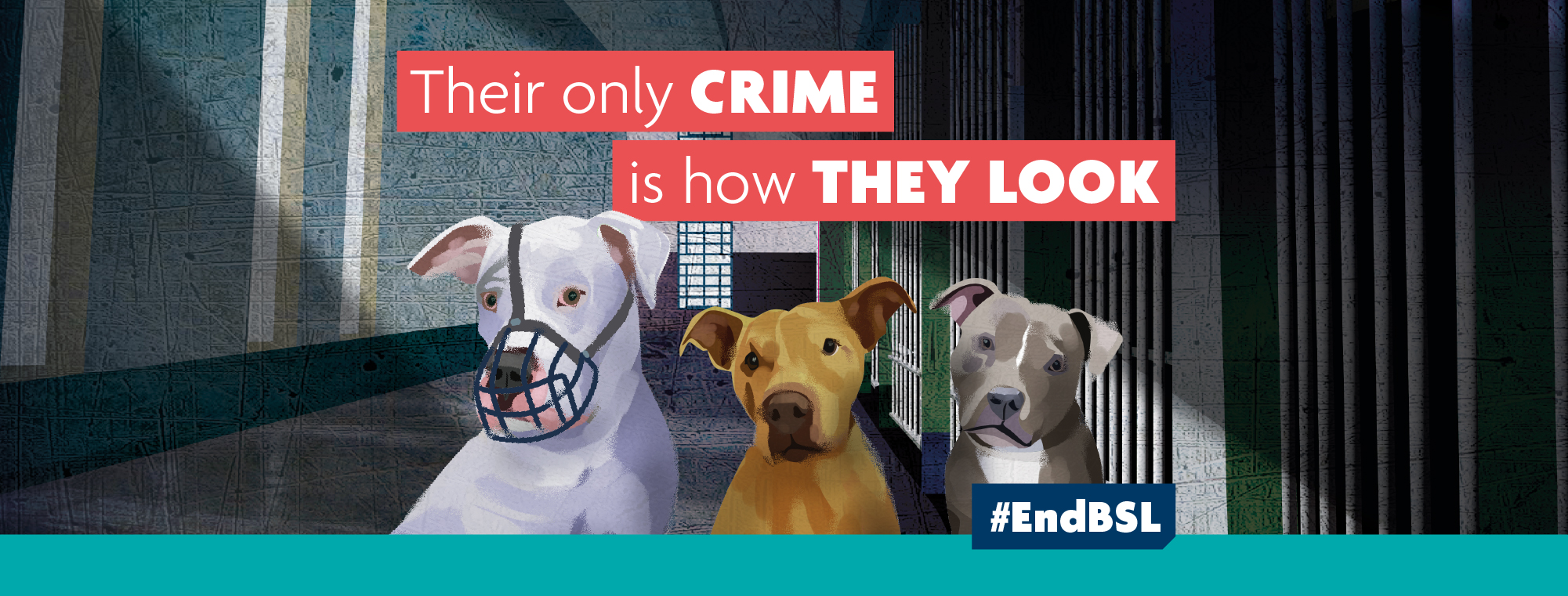New British Veterinary Association President calls for animal welfare alongside client choice to be at the heart of CMA recommendations
26 Sep 2024
BVA is part of a coalition urging Government to adopt an evidence-based approach to future dog control and responsible ownership strategy following the publication of the report.

As part of a coalition of the UK’s leading animal welfare and veterinary groups, the British Veterinary Association- alongside Battersea, Blue Cross, Dogs Trust, RSPCA and The Kennel Club- has welcomed a Middlesex University report on measures to reduce dog attacks and promote responsible dog ownership, following a Government commission in November 2018.
Commenting on the report ‘Investigation of measures to reduce dog attacks and promote responsible ownership amongst dog owners with dog control issues in the UK’, Dr Samantha Gaines, secretariat of the anti-breed specific legislation coalition group and RSPCA dog welfare expert, said:
“We welcome independent research released today which casts even more serious doubt on the belief that certain breeds of dog are inherently dangerous, instead concluding that human behaviour is a key factor in dog bites and attacks. This research adds even more weight against breed specific legislation (BSL) and confirms the belief of many in the welfare and veterinary sector that breed specific legislation, which brands certain types of dogs as a greater risk to public safety, is flawed.
“This report found data around dog bite incidents to be lacking and record-keeping to be inconsistent across the country, also casting significant doubt on the evidence that the UK Government has been using to justify Section 1 of the Dangerous Dogs Act, which incorrectly labels certain types of dogs as inherently aggressive and dangerous to public safety.
“We’re pleased that after years of calling for change to this legislation, which has been echoed by academics, enforcement officers and the EFRA Committee, this independent research and report adds further evidence for the need for change and recognises that other factors, including human behaviour and particularly inappropriate behaviour around dogs, are key risk factors in dog bites and aggressive behaviour.
“Given these findings, it is now imperative that the Government uses them to inform an evidence-based, ‘deed not breed’ approach to future dog control strategy and moves away from the current breed-specific approach. This goes hand in hand with encouraging responsible dog ownership and owner education.”
BVA’s position on the Dangerous Dogs Act and dog control can be viewed here.
Get tailored news in your inbox and online, plus access to our journals, resources and support services, join the BVA.
Join Us Today